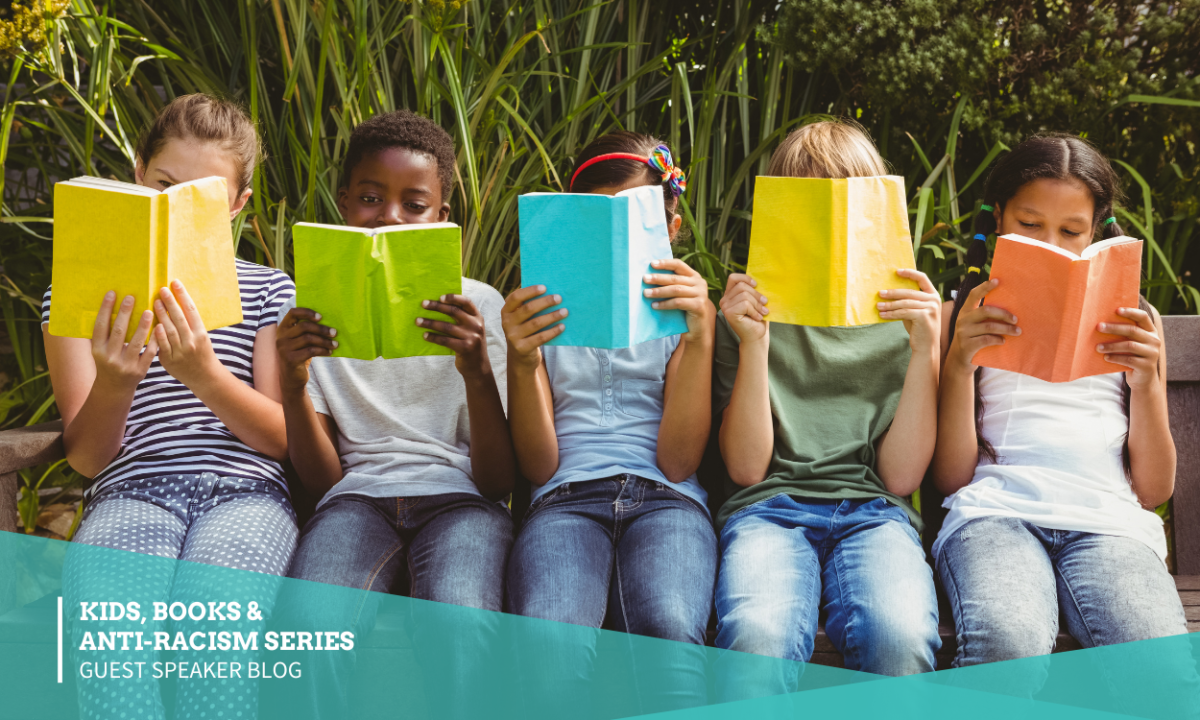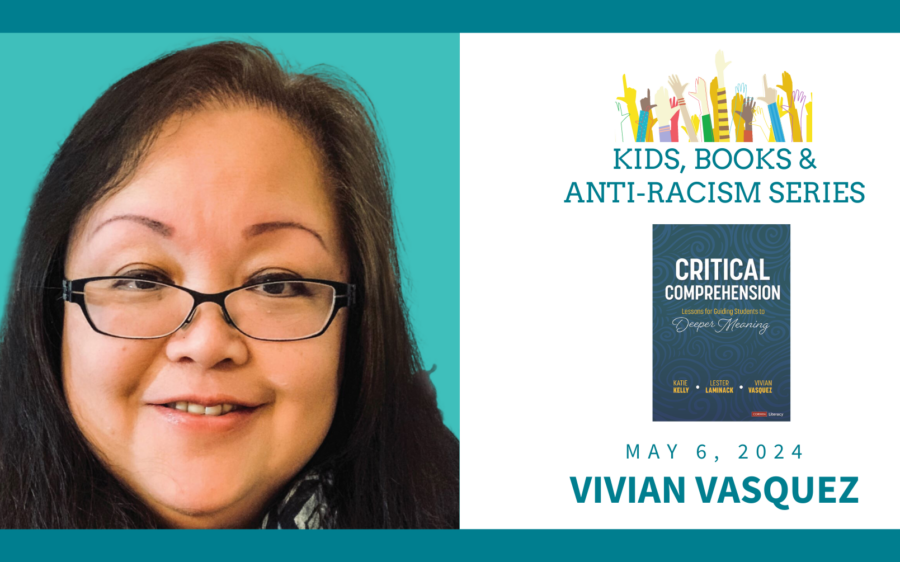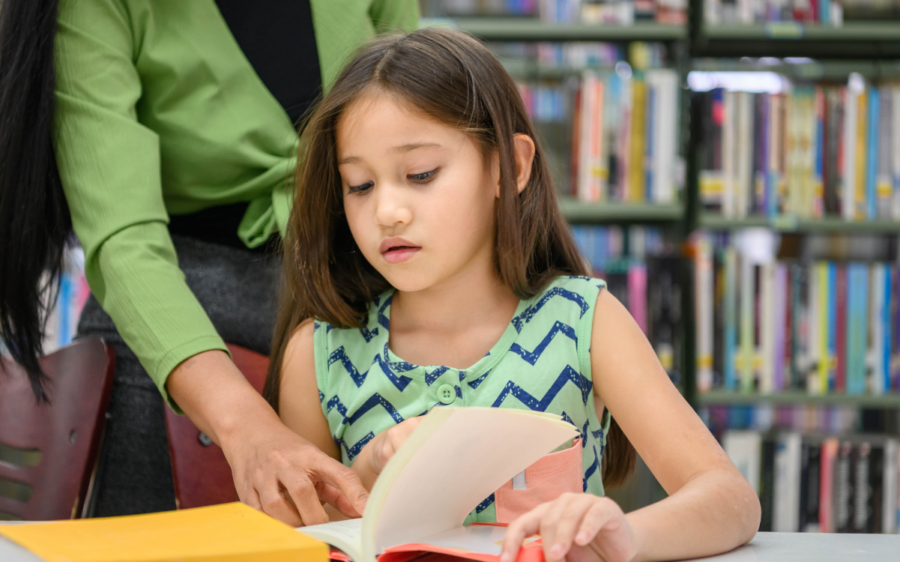The last few months of school have presented teachers, families, and especially, kids, with intense challenges. We continually ask, How can kids/adults attend to learning when we are going through so much?
Within the eco-system of school, there are so many variables to consider! It’s easy to feel overwhelmed, but through numerous partnerships with school communities, exploration of experience (both old and new), and LOTS of trial and error, the Minors have designed a few frameworks and strategies to make the work doable and supportive for all people involved in literacy learning.
Below, tap into some of the topics and offerings the Minors will weave through the July 12-15 Kids, Books & Anti-Racism Series in partnership with the Lesley University Center for Reading Recovery and Literacy Collaborative.
The Role of Community in Growing Positive Identities and Agency in Our Students
From COVID-19 to standardized testing to racial justice, kids have experienced A LOT this year. Their emotional core is fragile, and school communities can have great impact on supporting students’ well-being by cultivating space, time, and purposeful activities to help kids process what they’ve experienced in connection to who they are.
Teaching and Learning Experiences
Building Community through Curricular Connections and Reflective Practice through the book, Outside, Inside by LeUyen Pham
In this multidimensional learning activity, educators use LeUyen’s Pham’s picture book, Outside, Inside, to co-create time capsules with students to process the year living through a Global Pandemic. This robust, user friendly teaching bundle, created by Kass and LeUyen in partnership with The Author Village, provides suggested prompts for read-aloud in connection to literacy standards, as well as templates for kinesthetic learning and/or digital art work for the time capsule activities within the guide. In the suggested projects, kids work in community to name, surface, and memorialize their experiences in connection to their peers’, expanding perspectives and relational understanding of the varied personal, societal, and global circumstances that factor into how we remember this year. Read more about the context of this work here, featured on KQED Mindshift.
Building and Shifting School Culture
School “culture” is not a single thing. It is a lot of things, AND it is dynamic! It is the foundation where educators, families, students, and really, all people connected to school must work together to find and grow their values. While there are multiple stakeholders in the mix, here, we start with classroom practice and the relationship between classroom based teachers and learners. We are living in a time where young kids have to be taught how to do school, and older kids’ reentry to school must also be considered. This is particularly difficult, because WE are still learning how to do this kind of school. This teaching has to be as consistent as possible, but also loving, fun, and affirming.
Guide to Making Classroom Change
Learn more about your role in facilitating positive shifts in school culture by reading, watching and/or listening to Cornelius Minor’s Guide to Making Classroom Change, on the Heinemann blog, with clear resources for identifying and enacting change included in the post.
Continue the Work!
For further exploration on these topics and your role as a literacy educator in enacting change through the lens of anti-racism, kids, and books, join Kass and Cornelius Minor this summer from July 12-15, 2021. Participants will leave this live institute with concrete ways to think about how to connect reading to students’ lives, communities, and aspirations. Register here!





